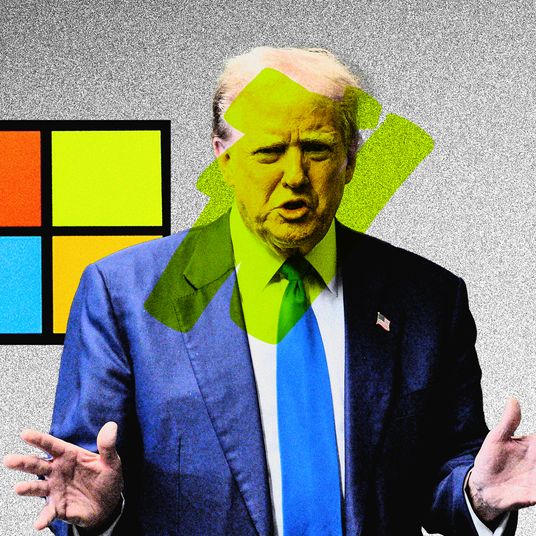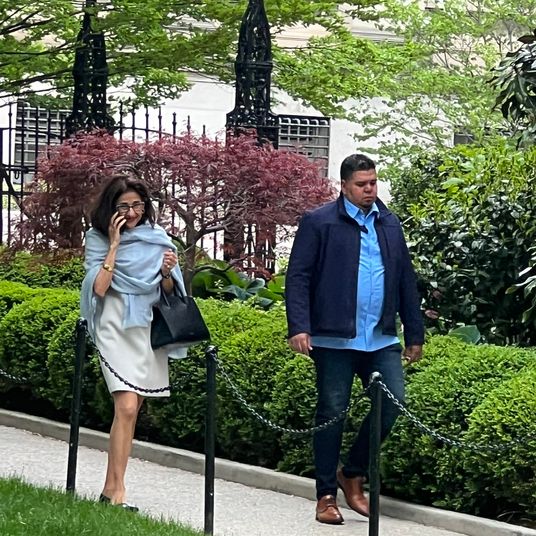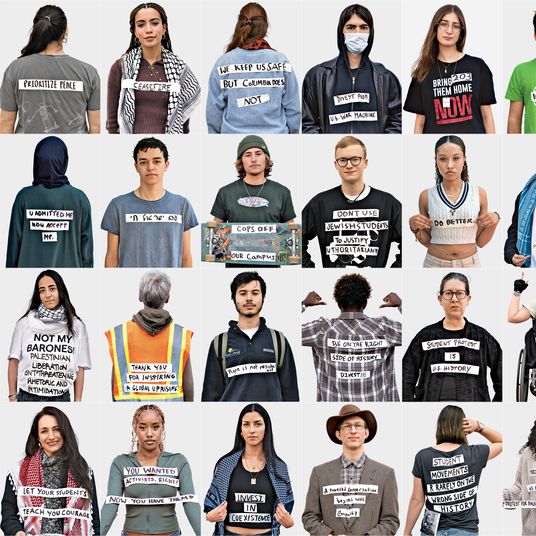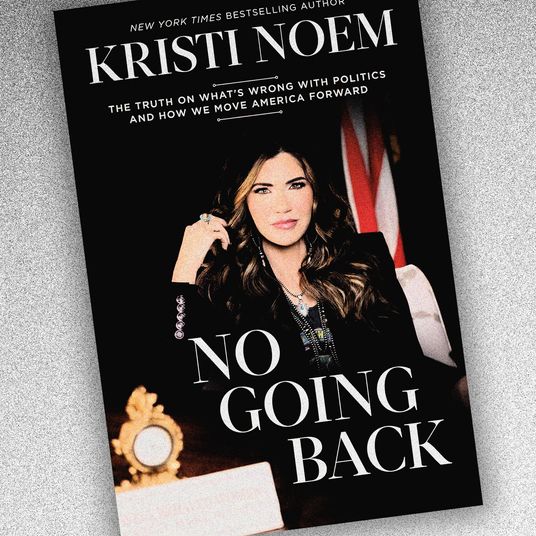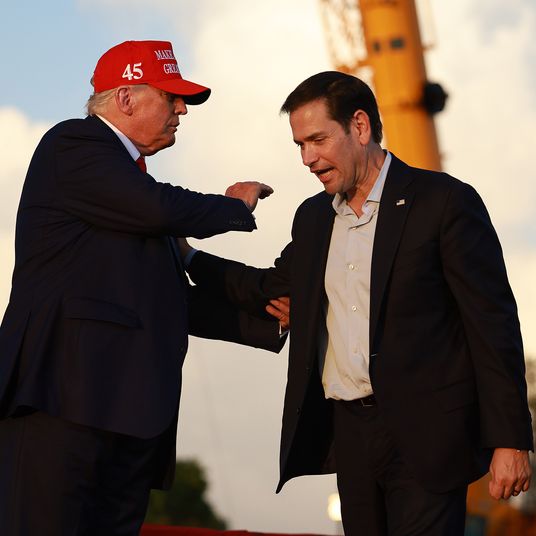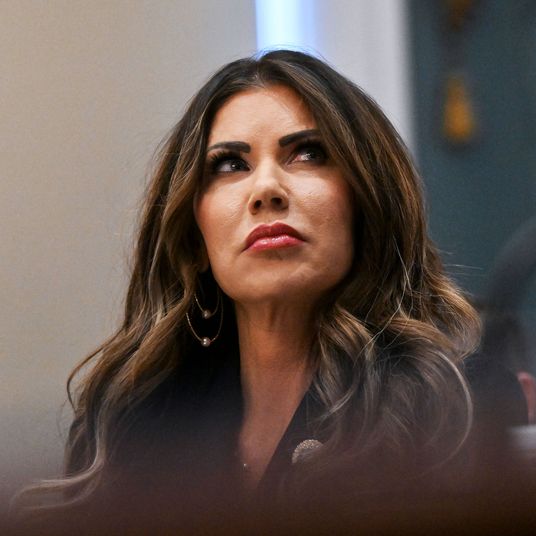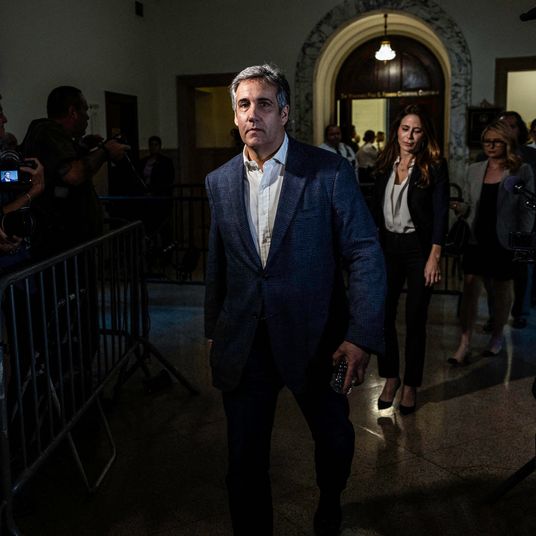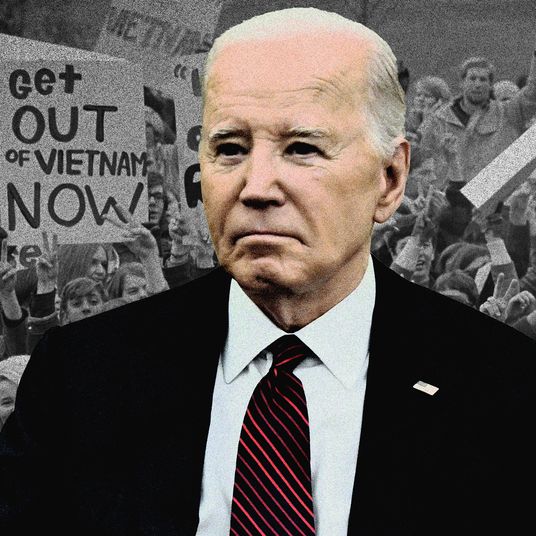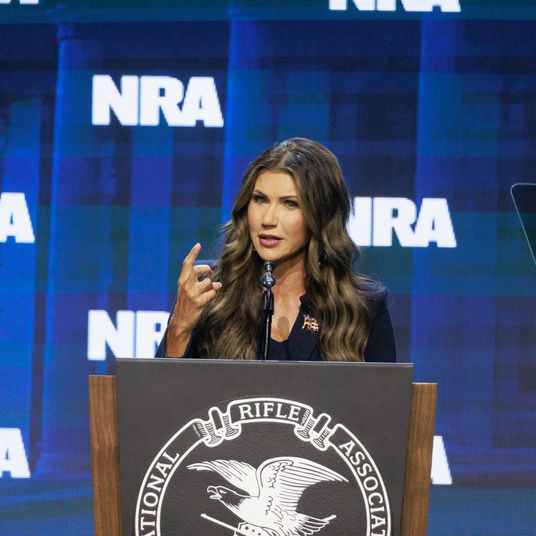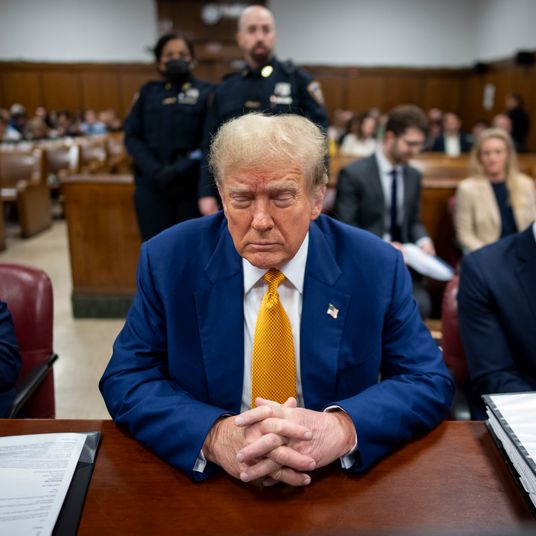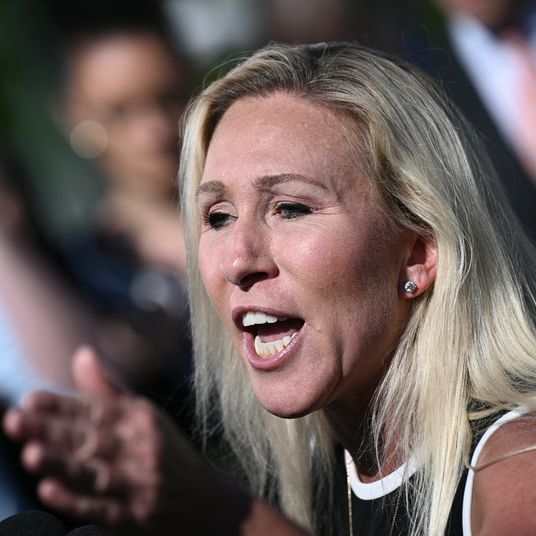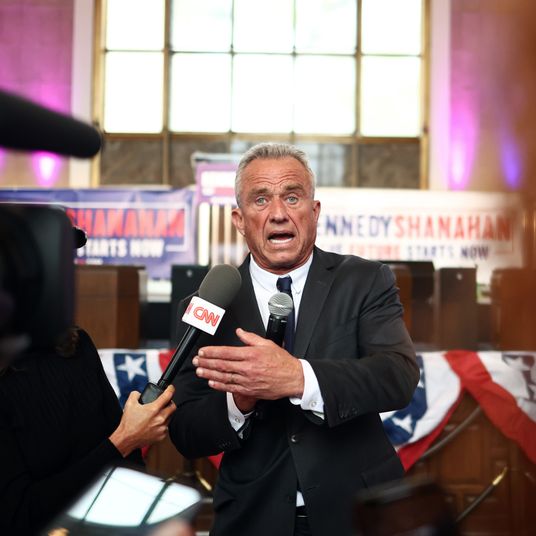
The next secretary of Education should be a former public school teacher, Senator Elizabeth Warren said in a Monday email to supporters. Warren’s campaign released the email hours before the Massachusetts Democrat was scheduled to participate in a televised town hall with members of the American Federation of Teachers in Philadelphia later in the afternoon.
In the email, the senator, who once spent a year teaching children with disabilities, singled out the sitting secretary of Education for specific criticism. Betsy DeVos, her email states, is “the worst Secretary of Education we’ve seen,” a compromised figure with a compromised team “up to their eyeballs in conflicts of interest.”
Though there’s a clear distinction between DeVos, who has no classroom experience, and the former public school teacher Warren says she’d like to appoint, the senator’s pledge would actually deviate from a trend that predates the Trump presidency. Arne Duncan, who served as secretary for most of the Obama presidency, had served as CEO of the Chicago public school system, but had never worked as a teacher. His successor, John King, did have classroom experience, but in charter schools — not an improvement, as far as teachers unions are concerned. The last Education secretary to have a background in traditional public school teaching was Rod Paige, who served for the first four years of the George W. Bush administration and was no friend to unions. In 2004, he claimed that the National Education Association behaved like a “terrorist organization.”
Warren’s email doesn’t specify whether she would nominate someone with experience in traditional public schools or in charters. The text refers simply to “public schools,” and that terminology covers a lot of ground. Even though they’re privately owned and operated, charter schools are public schools. Though some charter schools are unionized, and several charter school operators have been targeted by successful strikes since last December, the NEA and the AFT remain critical of the charter school movement. Warren’s record, though, is in line generally with the priorities of teachers unions, and they’ve endorsed both of her campaigns for Senate. In 2016, she opposed a proposal that would have raised the cap on the number of charter schools in Massachusetts.
Teachers unions have other reasons to celebrate the candidate’s email. It included a pledge to “make it easier to join a union,” and continued:
“Unions give teachers — and firefighters, sheet-metal workers, steelworkers, working people across this country — more power over the long run. That’s good for teachers, good for students, and good for making sure we put the resources we need directly into our schools.”
Warren was not the only Democratic candidate to make promises to public educators on Monday. Universal pre-K anchors a new policy plan from Representative Julián Castro of Texas, the New York Times reports. Castro’s plan would also raise teacher pay by $10,000 a year; student loan borrowers would not have to begin repayment until they were within 250 percent of the federal poverty line. Senator Kamala Harris had previously announced a proposal to significantly increase teacher pay in March.
It’ll take more than the prospect of a teacher in the Warren Cabinet to eventually win the support of teachers unions. Both the NEA and the AFT have said that they’ll refrain from formal endorsements until later in the primary season, and with so many candidates in the race, they can afford to be selective. But Warren makes a strong case for herself: Her pledge to replace Betsy DeVos with a public school teacher builds on an earlier, expansive education proposal, which would be funded by a wealth tax on millionaire households. As Warren reminded AFT members in Philadelphia on Monday evening, her plan to cancel $50,000 of student loan debt for households making under $100,000 would also alleviate financial pressure on teachers and shore up the profession. In an April media briefing, NEA president Lily Eskelsen García cited student loan debt and years of low pay as two factors keeping young adults out of the education profession.








